
To the Eightieth Birthday of Zvi Hecker
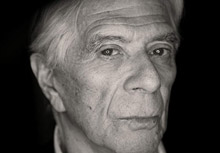 |
“Zvi Hecker is a distinctive person with interesting views. He seems to have an overview of almost everything happening around him, which is indeed the supreme privilege of architects.
We talked about politics: he, although himself a Jew, argued that Israel should withdraw from the occupied territories, and he recommended reading the British historian of Jewish origin Eric Hobsbawm.
We talked about architecture: he raved about Plečnik's masterpieces at Prague Castle, while he considered Calatrava's universally acknowledged buildings to be old-fashioned.
We spoke about art. I asked, what is art actually for? Zvi replied: 'a true artist must never cease to be naive, namely, he must always believe that through his art, he will save the world.'
Such is Zvi Hecker, still designing in his 80s, an active person, uncompromising in architecture, and nearly intolerable in personal dealings…”
Ondřej Pleštil spent the past year in Zvi Hecker's Berlin studio
“His attack comes from the heart, the brain and the pencil simultaneously.”
Peter Cook, co-founder of Archigram
The English translation is powered by AI tool. Switch to Czech to view the original text source.

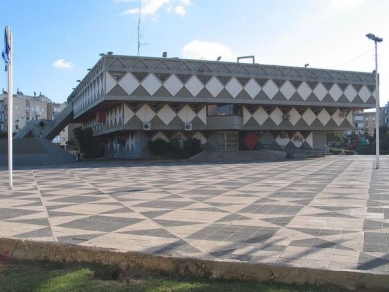
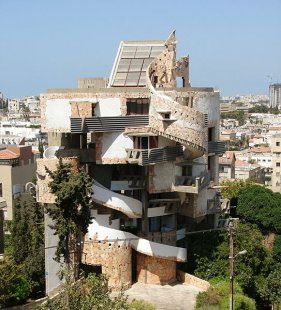
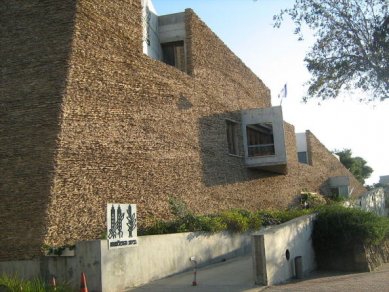

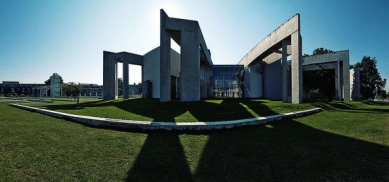
0 comments
add comment








